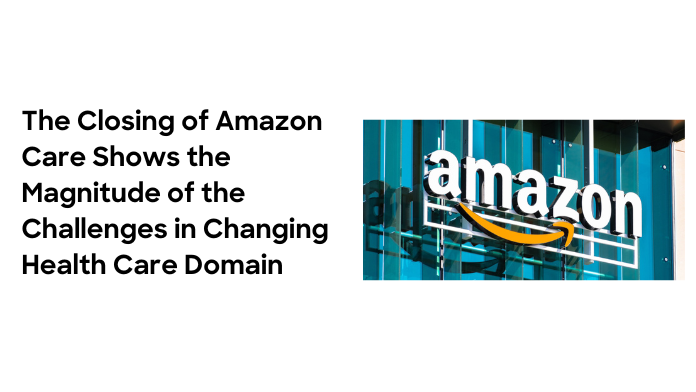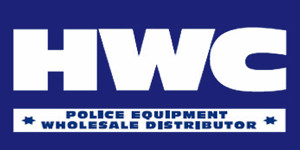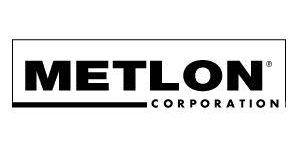- When Amazon announced its intention to acquire One Medical earlier this summer, it appeared that something would come to an end: either the One Medical brand or Amazon Care.
- Amazon chose to close a high-profile health startup within its operations, while its retail drug acquisition PillPack was merged into Amazon Pharmacy.
- One Medical was the better, more advanced primary care business, and with reports of Amazon bidding on Signify Health, the internet retail giant appears to be in the buying mood within the health care sector.
Amazon Care, an in-home and virtual health care service, is set to be phased out
The reasons cited included a significant overlap of services with the One Medical clinic chain, which Amazon purchased in July of this year for $3.9 billion, as well as Amazon Care not being an enough comprehensive offering for large enterprise customers it was targeting.
This is Amazon's third venture into the healthcare industry. In 2018, it acquired the pharmacy PillPack and formed a partnership with JP Morgan (Jamie Dimon) and Berkshire Hathaway (Warren Buffett) to disrupt the healthcare industry. The health care venture failed after three years, blaming the failure on health care being "too big of a problem."
The consequences of recent events are enormous, but the bigger question is this:
Do we just accept the status quo, and will the United States healthcare system change?
Recent events demonstrated how changes in health care will go to any length to maintain the status quo, even if it is inherently inefficient and costly.
This is why more than 98% of health care startups fail: Health care being a “too big of a problem,” with significant roadblocks due to a lack of funding, experience, or excessive regulation, bureaucracy, and politics.
A behemoth like Amazon (with a market cap of over 1.3 trillion dollars), which began as an online retail bookstore and has since disrupted retail, media, books, and cloud, as well as shifted consumer purchasing behaviors, is struggling in the health care space.
Failure leads to success in entrepreneurship. You must fail to increase your iteration (learning) rate. The faster you iterate, the better your chances of success.
This is why Amazon will prevail in the end. With each new venture, it increases its iteration rate- learning from each failure.
The company discovered a lesson that has influenced the fortunes of many health disruptors in recent years: it’s difficult to make a stand-alone startup work in the health care sector — even if you’re one of the world’s wealthiest companies — consolidation is increasingly the way to go.
Amazon isn’t done yet
Amazon Care is coming to an end, but the internet giant's ambitions in the health sector is growing, with more money going to acquisitions than startups.
The recent headlines claims that the company is one of the bidders for Signify Health. Signify is the largest home health risk assessment provider in the United States. The move to acquire Signify suggests that in-home health services are the next niche to target.
Amazon intends to remain a formidable player in the healthcare sector. It can use its ability to personalize its offerings and connect to its pharmacy to pose a threat to many other retail behemoths attempting to disrupt healthcare market.
Amazon Care’s failure may have come at a cost and surprise even to some within the company, but what the company ultimately buys and builds may make it a stronger disruptor.
Also read: CommerceHub Acquires ChannelAdvisor In Major Industry Shake-Up













